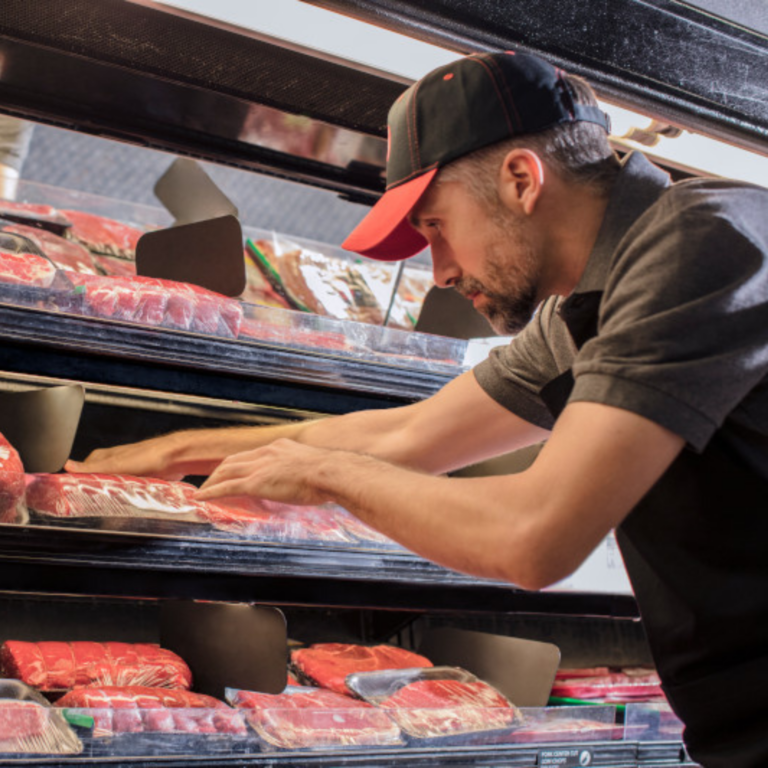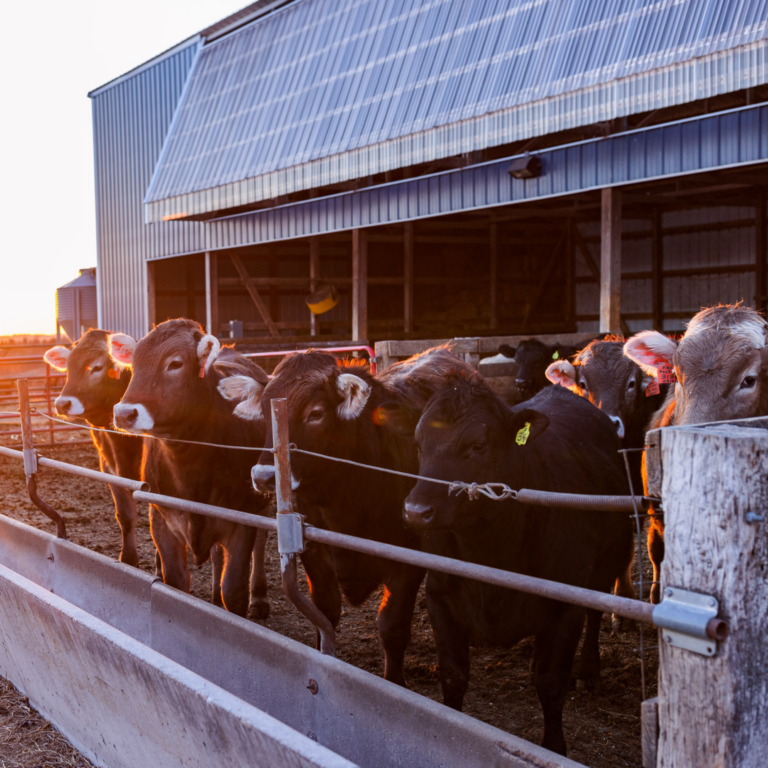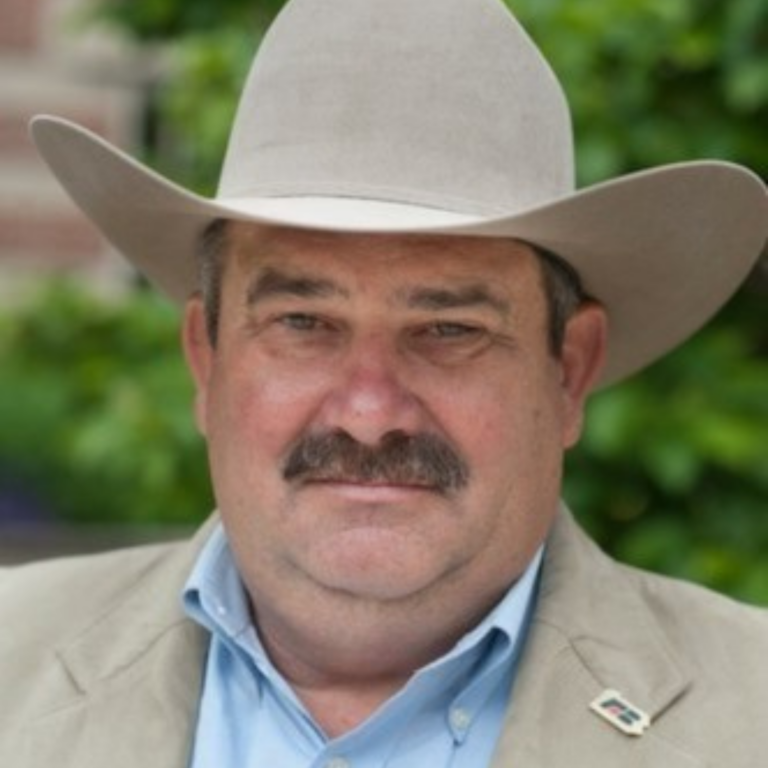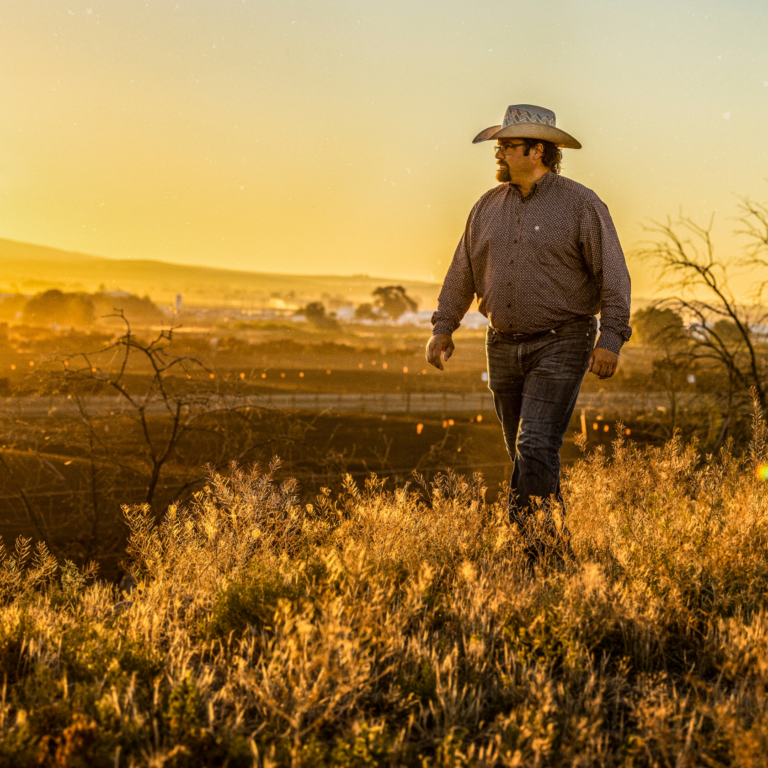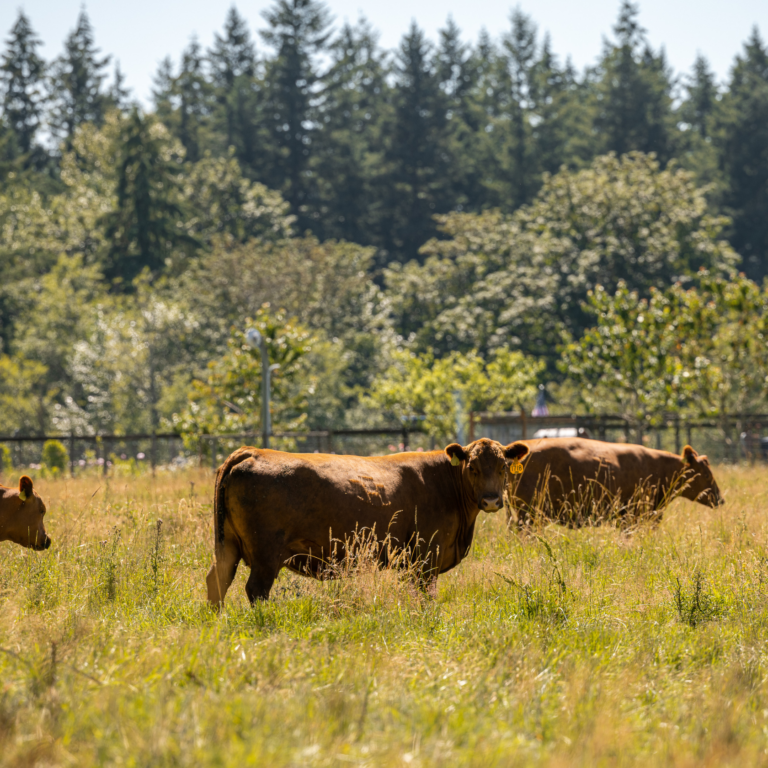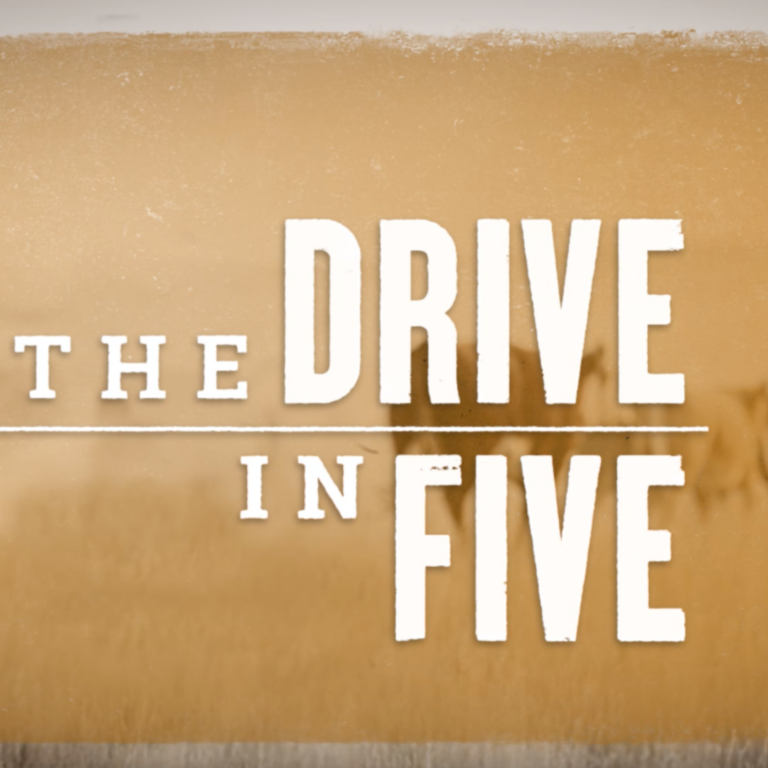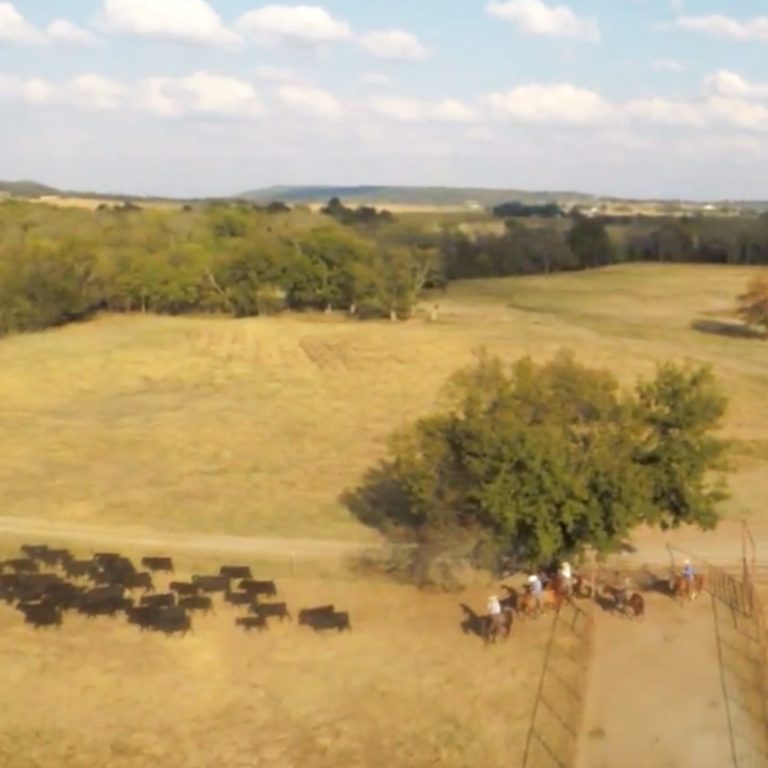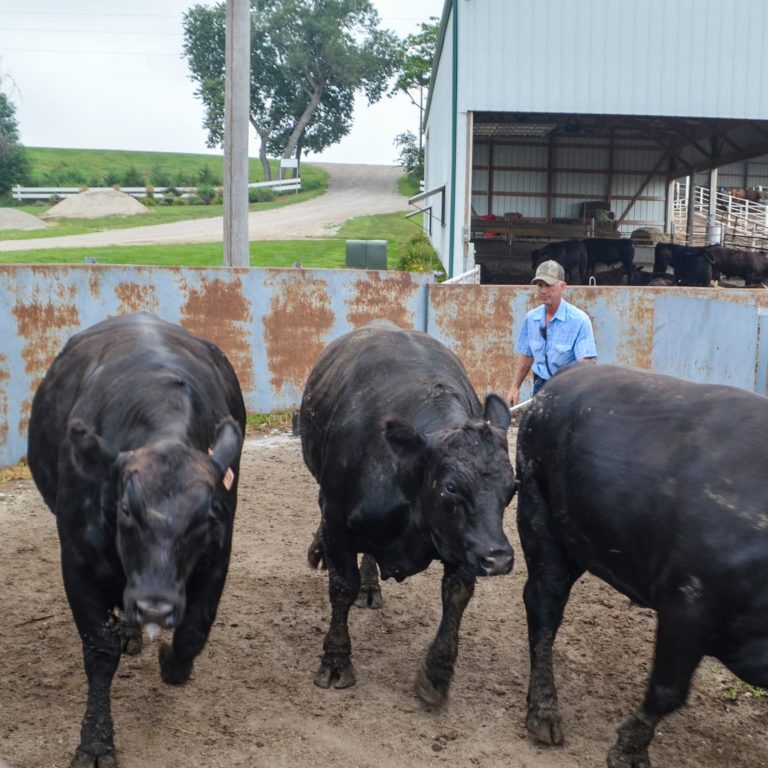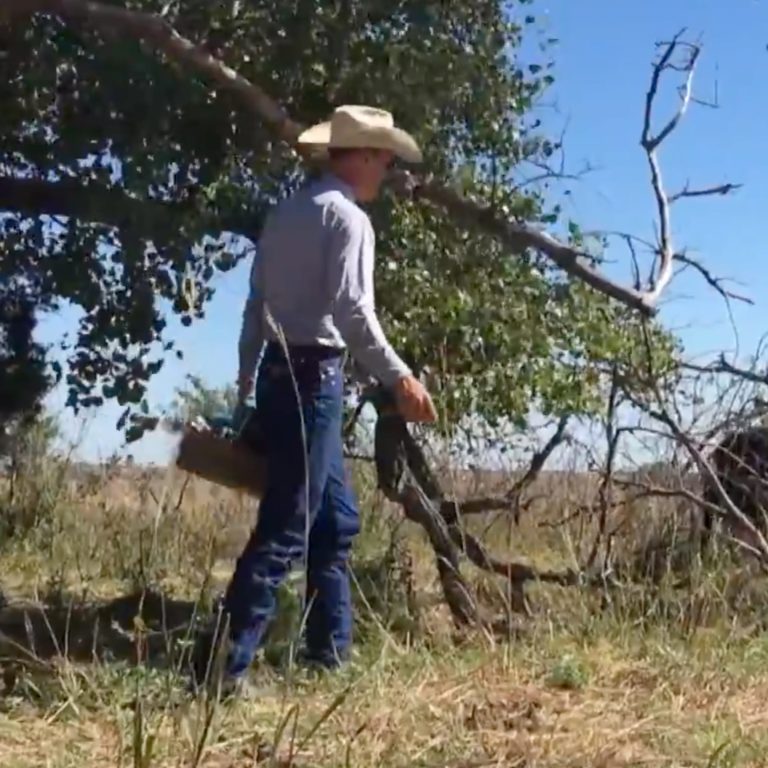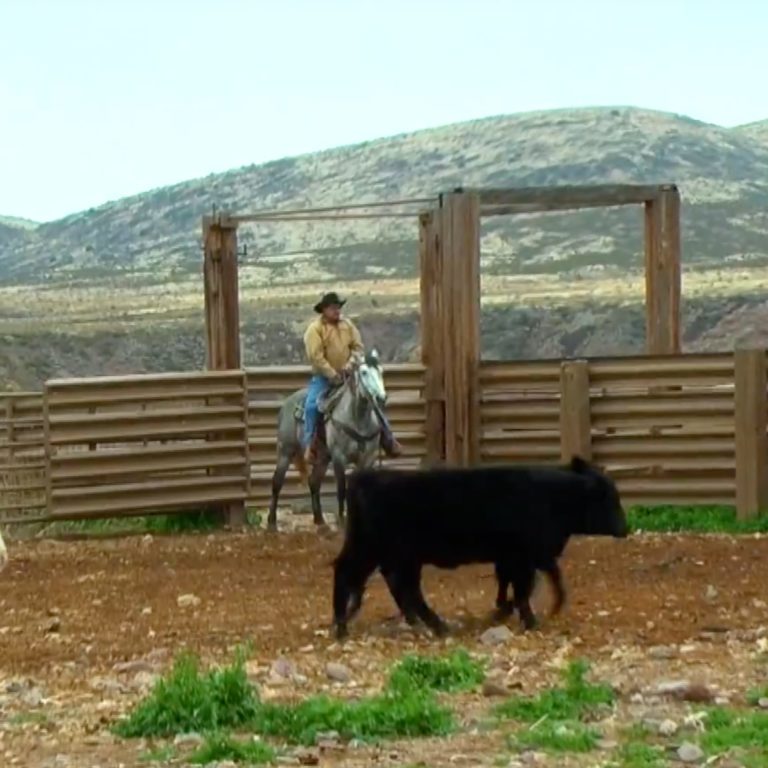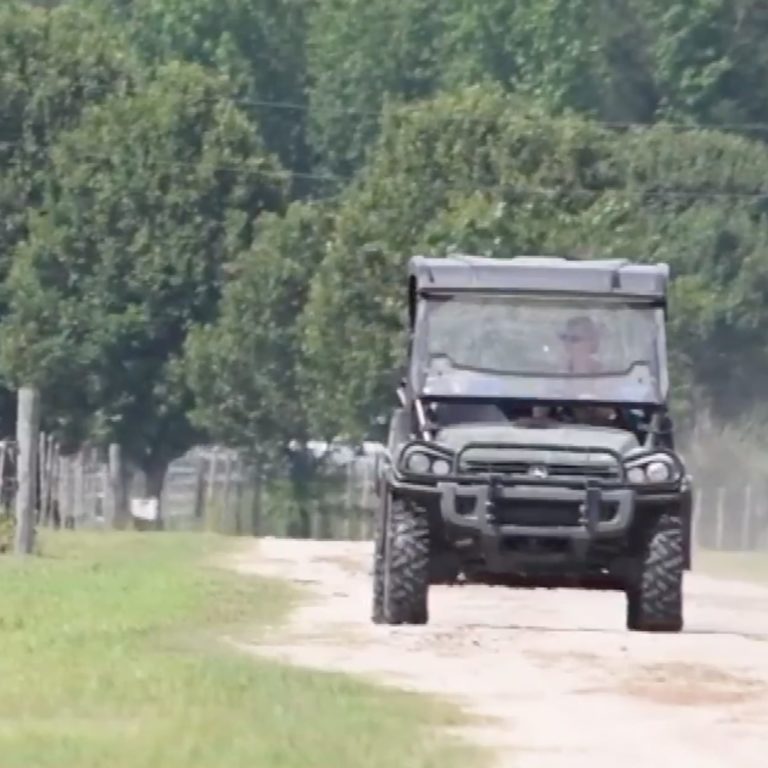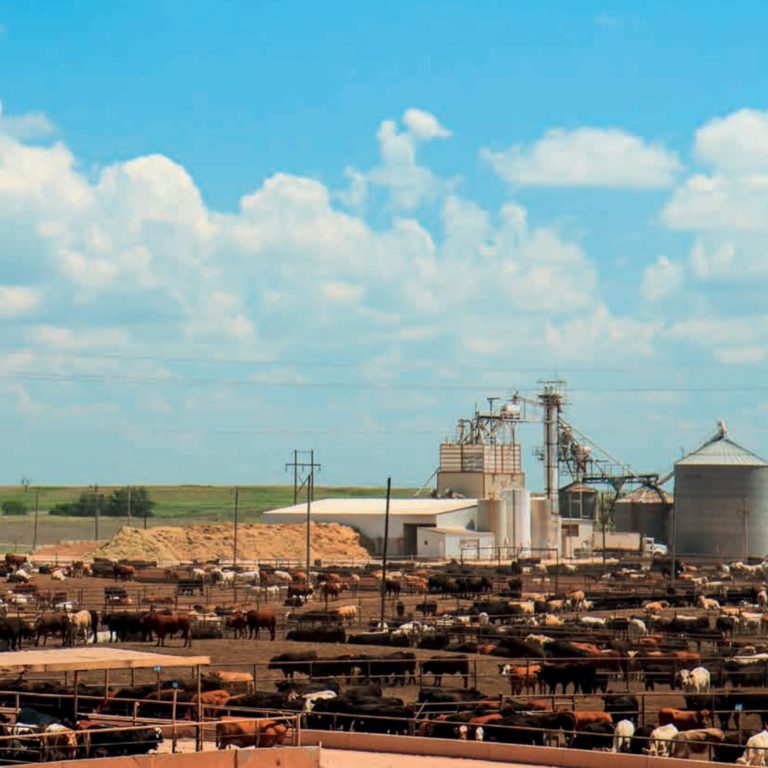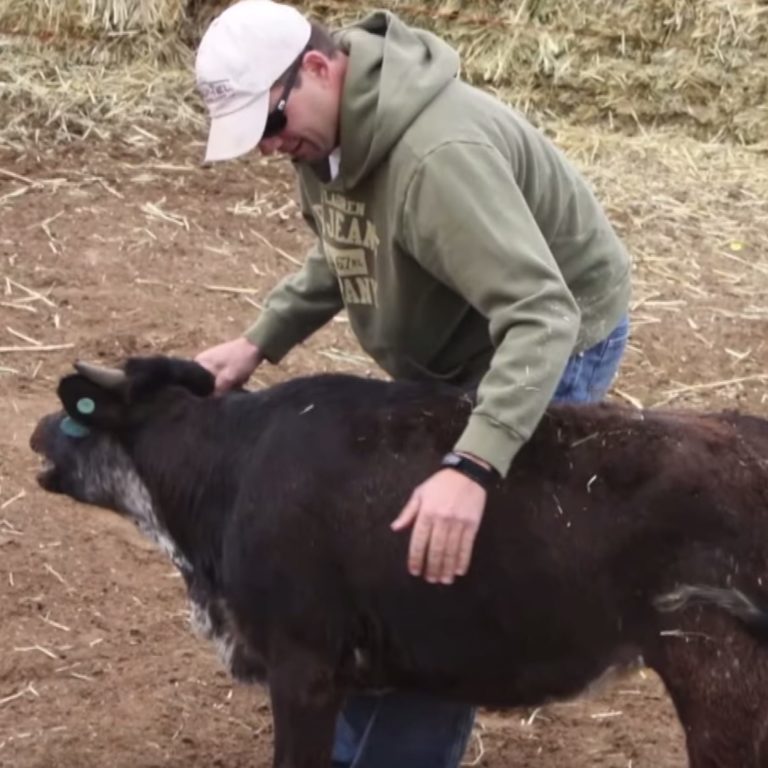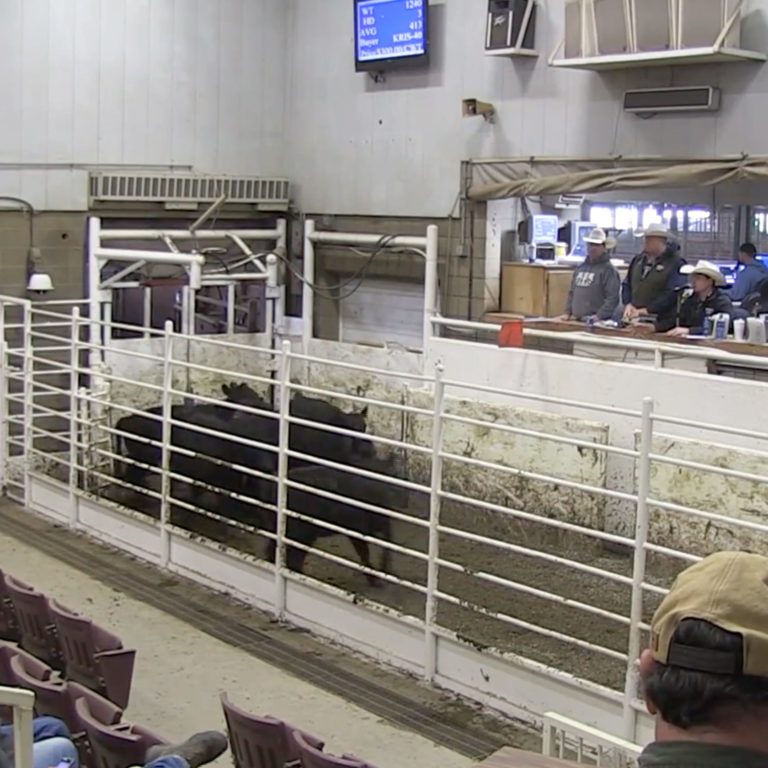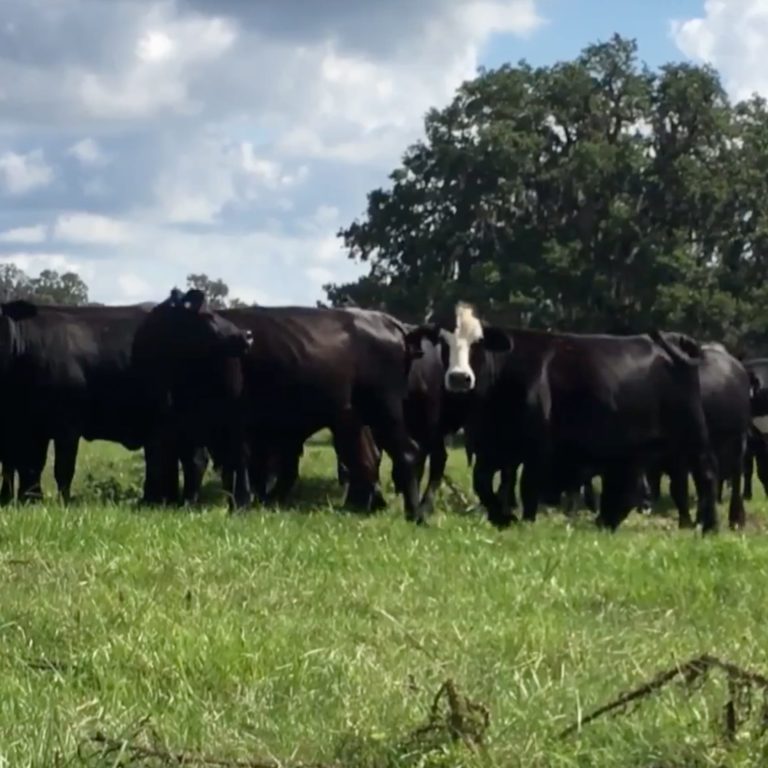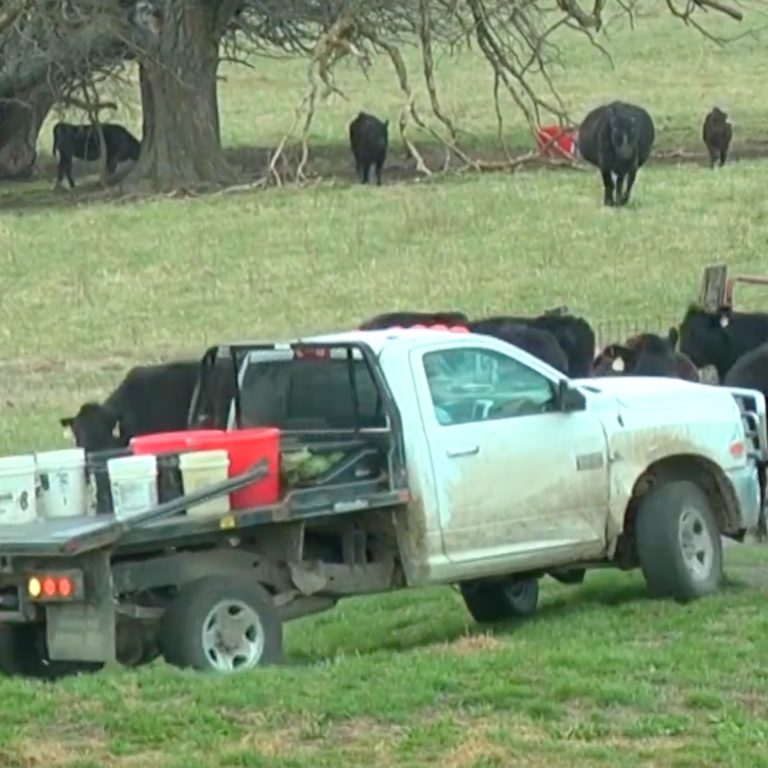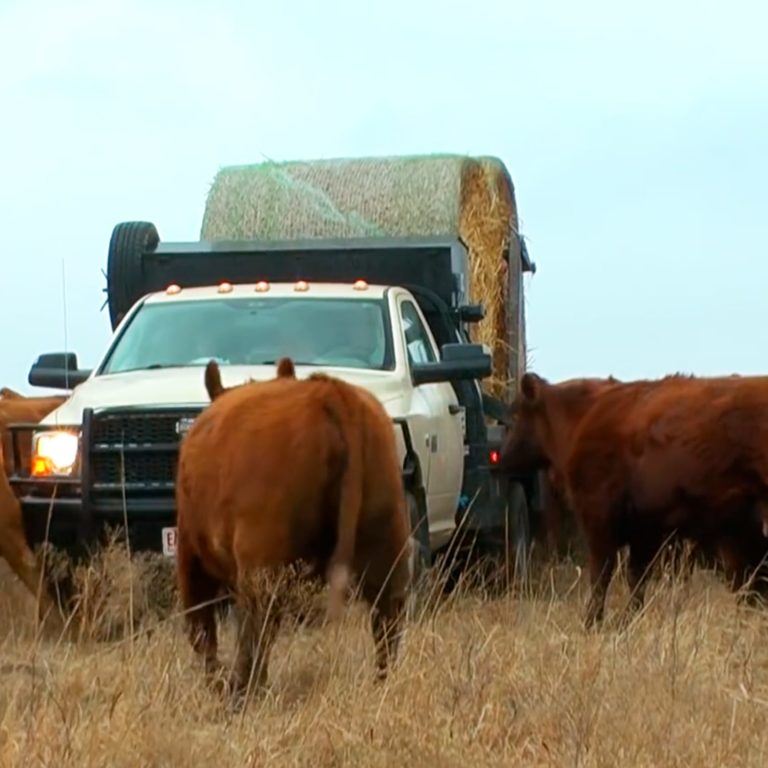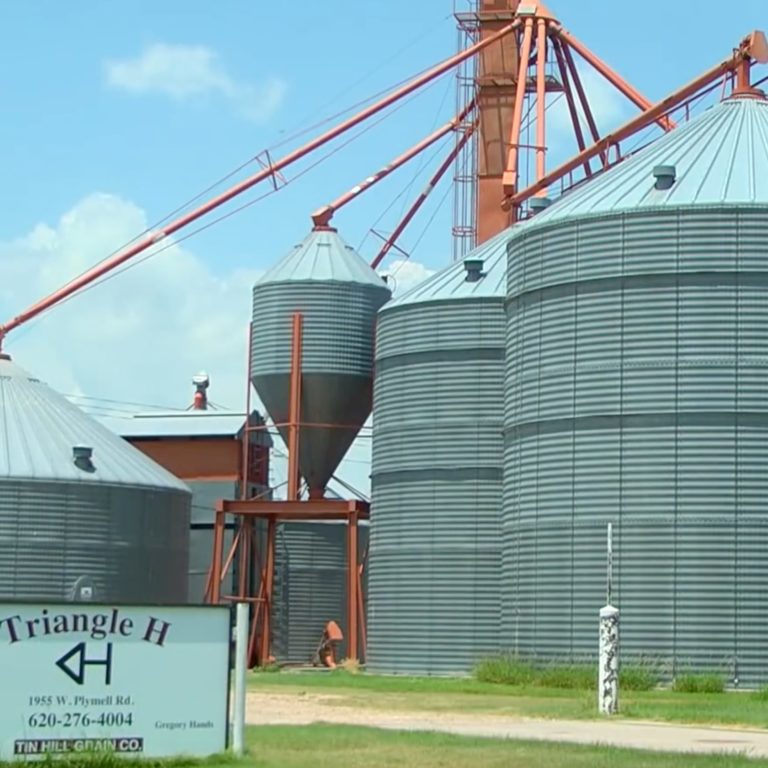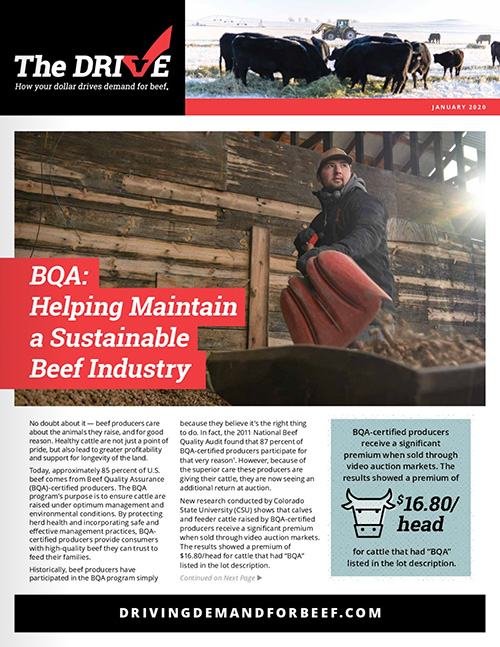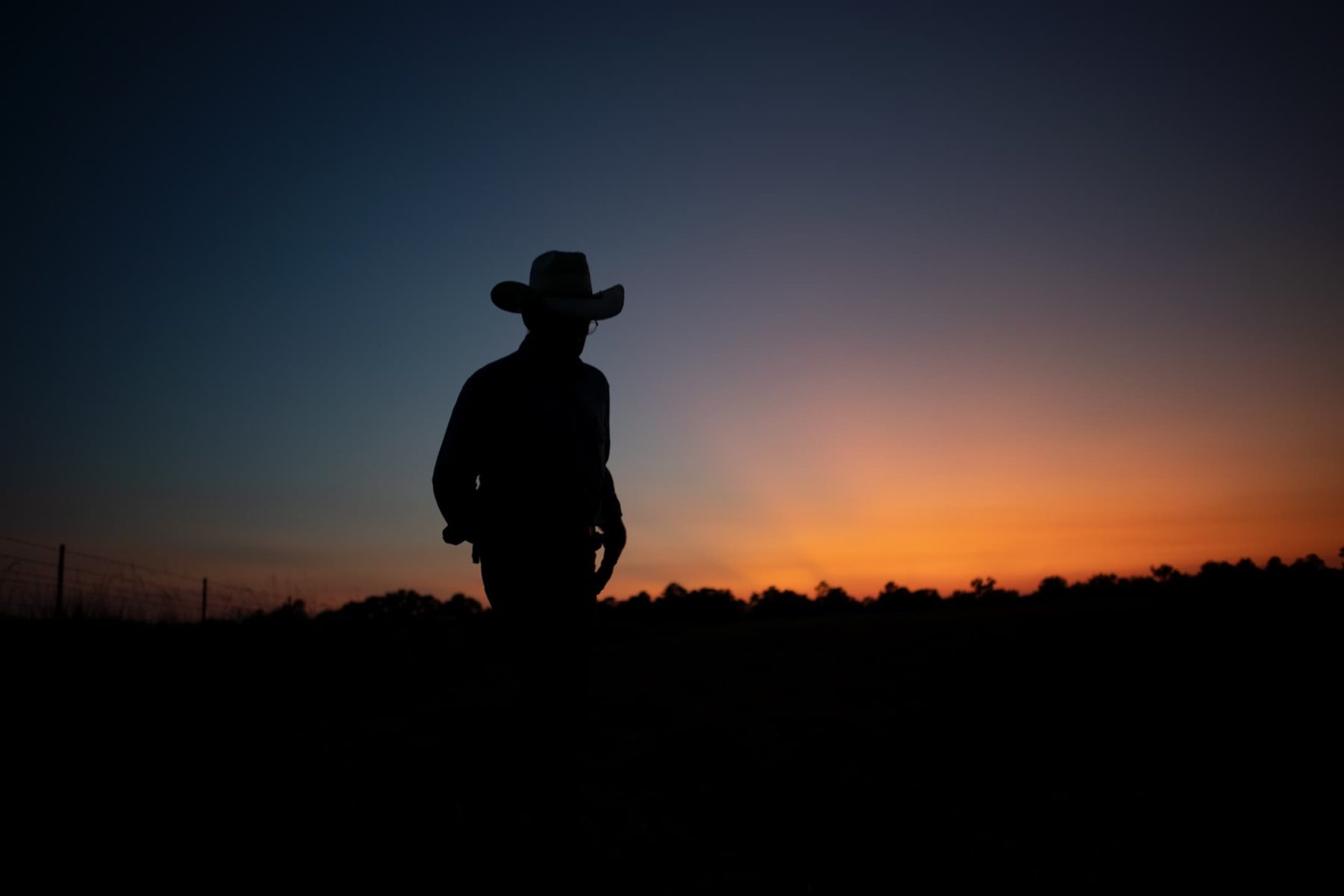
How the Beef Checkoff Prepares for a Beef Crisis
Across the world, the COVID-19 virus has been spreading like wildfire. This fast-moving disease has left people hesitant or unable to travel, anxious to stock their fridges and, ultimately, faced with many unknowns. As we all face this extreme uncertainty, producers can be assured the Beef Checkoff actively prepares for the unexpected. The checkoff is ready to provide consumers and producers with the information they need if there is ever a disease outbreak, bioterrorism attack or any other crisis that could potentially disrupt the beef industry or consumer confidence in beef.
The National Cattlemen’s Beef Association (NCBA), a contractor to the Beef Checkoff, is continuously evolving and updating its comprehensive industry-wide crisis communications response plan should a cattle disease outbreak or other crisis take place in the future. Reassessing this plan on an ongoing basis ensures the information within is as substantive as possible while also reflecting today’s latest technology.
One element of the overarching comprehensive crisis response plan is working in coalition with the Foot and Mouth Disease Cross-Species team. The checkoff-funded NCBA team helps to manage a website that would be activated in a time of crisis in cooperation with the National Pork Board supported by the National Pork Producers Council, the American Sheep Industry Association (ASI) and Dairy Management Inc. The goal of this partnership and its website is to provide clear, factual and easily accessible information about foot-and-mouth disease if an outbreak were to occur.
As well as working with the Foot-and-Mouth Disease Cross-Species team, NCBA would represent the beef industry in the event of an outbreak, and it has developed proactive crisis communication processes, strategies and tactics to follow if necessary.
“We’ve always had plans to address crisis situations, but we are now taking a systematic review of those plans and ‘pressure testing’ them within different parts of the organization to make sure we can be as prepared as possible,” says Jenn Tilliss, executive director of the issues management and media relations team at NCBA. “We want to be sure that we are addressing as many things as we can ahead of time so we are prepared as possible in the event of a crisis.”
Tilliss further explains that preparing response measures in advance would free up valuable time during a crisis to focus on consumers and communicate accurate information so they can continue to confidently purchase beef. The following actions are intended to accomplish this important objective:
- Minimize consumer confusion and concern through quick dissemination of information
- Educate industry partners and stakeholders with aligned messaging at state and local levels through clear channels of communication
- Provide accurate, coordinated, rapid response in concert with the Cross-Species Team
“We want producers to know that we are on top of this for the beef industry, and we’ll absolutely be ready to manage a crisis should it ever happen,” Tilliss says. “We have the plans, processes, connections and relationships in place to make sure we manage it effectively.”
Overall, crisis communications and response are top-of-mind for the Beef Checkoff. NCBA and other checkoff contractors will continue to revisit and update their crisis response plans to ensure consumers can confidently purchase beef at grocery stores, restaurants and other retail outlets.
The Beef Checkoff program was established as part of the 1985 Farm Bill. The checkoff assesses $1 per head on the sale of live domestic and imported cattle, in addition to a comparable assessment on imported beef and beef products. States may retain up to 50 cents on the dollar and forward the other 50 cents per head to the Cattlemen’s Beef Promotion and Research Board, which administers the national checkoff program, subject to USDA approval.

